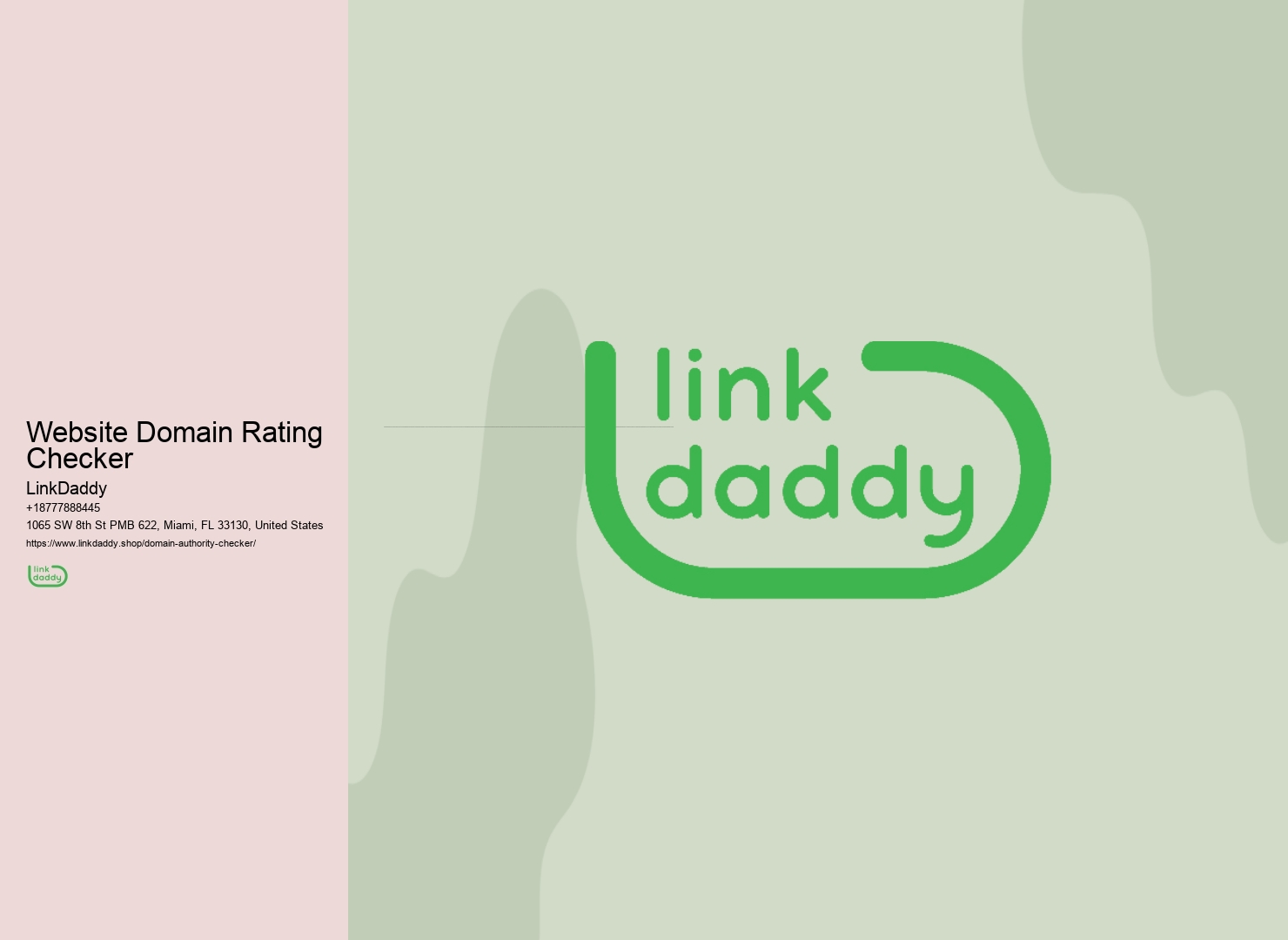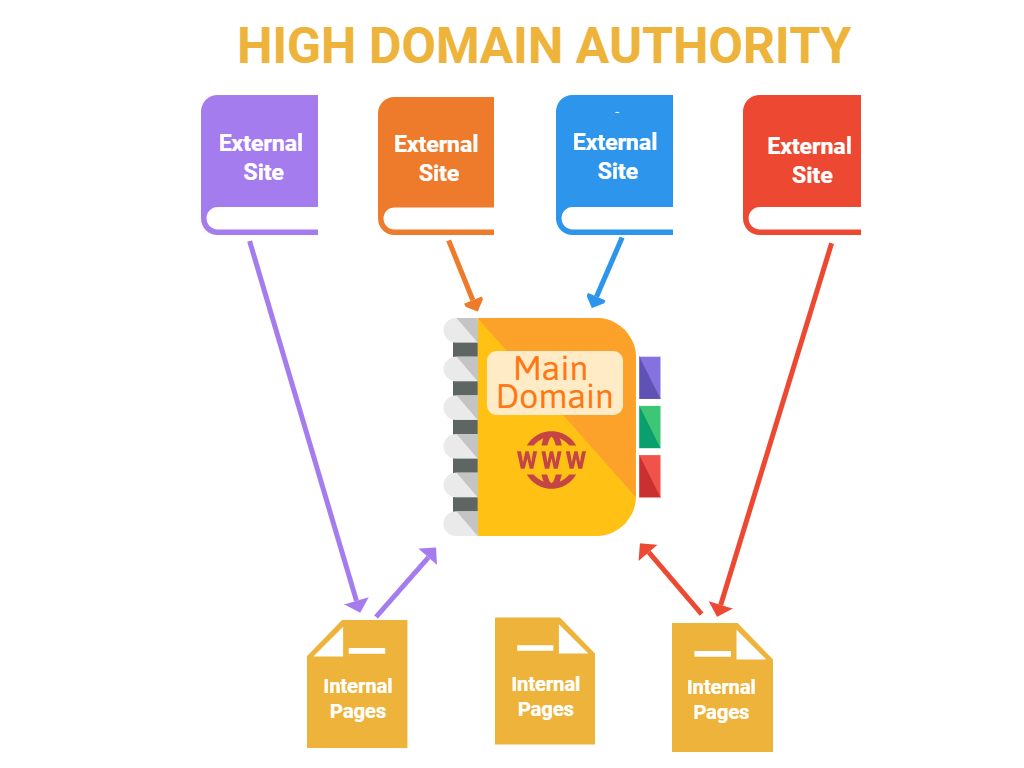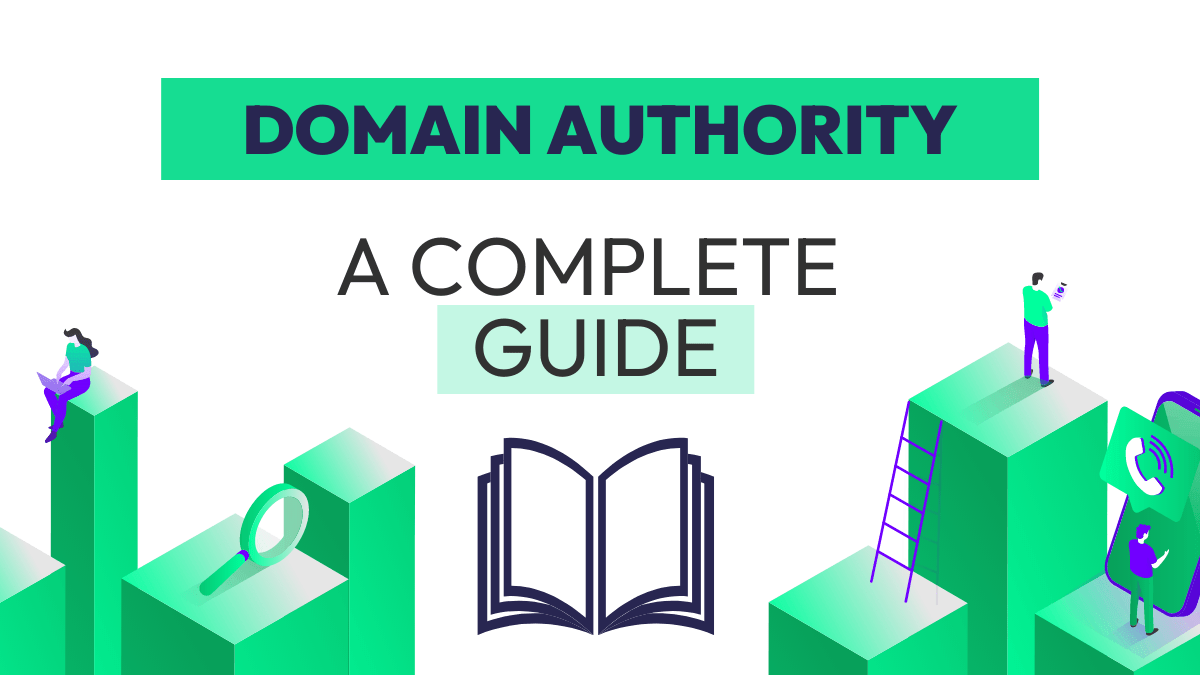

Are you trying to assess the quality of a website and its authority? Domain rating checkers provide an easy way to measure a website's trustworthiness.
In this article, we'll look at what domain rating is, what domain rating checkers are, the benefits they offer, how to understand the scores they provide, and tips for improving those scores.
Let's get started!
Domain Rating is a metric used to measure the authority of a website. It does this by looking at both the trustworthiness of the website and its influence on other sites. It's a great tool for website owners, marketers, and SEO professionals who want to understand how their website stacks up against the competition.
The Domain Rating score is based on metrics like the number of backlinks, the quality of those backlinks, the age of the domain, and more. The higher the score, the more authoritative the website is considered.
Knowing a website's Domain Rating can help you understand how it is perceived by potential customers and search engines. It can also help you identify potential opportunities to improve your website's overall authority.
You're probably wondering what domain rating checkers are. A domain rating checker is a tool used to measure the authority and trustworthiness of a website. The rating is usually given as a number between 1 and 100, with a higher rating indicating a more authoritative website.
The rating is based on various criteria such as inbound and outbound links, social media presence, and quality content. The most popular domain rating checkers are Ahrefs, Moz, and Majestic. Each of these tools uses different algorithms to calculate and rank a website's domain rating.
For instance, Ahrefs looks at the number of referring domains, Moz takes into account the quality of the backlinks, and Majestic looks at the number of different IPs linking to the website. Knowing a website's domain rating is important as it can help you determine whether or not it's worth investing time and money into building links to it.

Using domain rating checkers can provide many advantages when it comes to assessing the trustworthiness of a website. With this tool, you can quickly and easily find out the authority of a site, as well as its potential to rank high in search engine results.
This is important in determining which sites to trust and which to avoid. Additionally, these checkers can help you identify any potential spam or malicious links that may be associated with the website.
This can save you time and money in the long run by preventing you from accidentally linking to them. Finally, domain rating checkers can provide invaluable insight into the quality of a website and its content, allowing you to make an informed decision about which sites are worth investing in.
Understanding a website's domain rating score can give you an indication of its trustworthiness and potential success. Domain rating checkers are tools which can assess a website's authority, and assign a score to it.
Generally, scores range from 0 to 100, with higher scores indicating more reliable and popular websites. It's important to understand that these scores are relative, and don't necessarily reflect the actual quality of a website.
A score of 60 or higher usually indicates a website is trusted and has a solid reputation. Conversely, a score below 35 may mean that a website has a low reputation and isn't very reliable. In addition, it's important to note that a website's score can change over time. As it gains more trust and reputation, its score will improve.

Improving your website's domain rating score can help build its trustworthiness and reputation. Here are some tips to help you boost your score. First, make sure your website is well-structured and easy to navigate.
Clean up any broken links and ensure that all the necessary pages are in place. Second, link your website to other trustworthy websites. This helps Google recognize your website as a reliable source of information.
Third, create content that is informative and engaging. Use keywords to increase visibility in search engine results. Finally, make sure your website is secure by using HTTPS protocol and regularly update your content. With these tips, your domain rating score will soon improve.
Making sure not to make any missteps when attempting to raise your domain rating is essential for success. Common mistakes include not following best practices for website design, neglecting to use backlinks, and not using keywords effectively.
Poor website design can lead to a low domain rating, as visitors may not find the navigation user-friendly or the overall design aesthetically pleasing. Additionally, not using backlinks to link to other relevant websites and pages can hurt your domain rating.
Finally, not using keywords strategically and effectively can lead to a low domain rating, as search engines may find it difficult to index your website. To avoid making these common mistakes, make sure to design your website with user experience in mind, use backlinks, and use keywords strategically.

Yes, there is a way to compare domain ratings between different websites. You can use domain rating checkers to compare the authority of different websites. These tools analyze a website's backlinks, trust scores, and other metrics to assign a domain rating. You can then compare the ratings of two different websites to determine which one has a higher domain rating. This can help you decide which website to focus your marketing efforts on or which one is more reliable for your research.
The cost of using a domain rating checker depends on the provider you choose. Some services may offer free checks, while others may require a subscription fee or a one-time payment. It's best to compare the features and pricing of multiple providers before making a decision. Also consider the frequency with which you'll use the checker, as this will affect the cost. If you're planning to use it regularly, it may be worth investing in a subscription plan or one-time payment.
The cost of using a domain rating checker depends on the service you choose. Generally, you can expect to pay a one-time fee for the checker, as well as a subscription fee if you want to access ongoing updates. You can also find free domain rating checkers, though these may not offer as comprehensive a range of features as paid services. Ultimately, it's up to you to decide how much you're willing to spend on a domain rating checker.